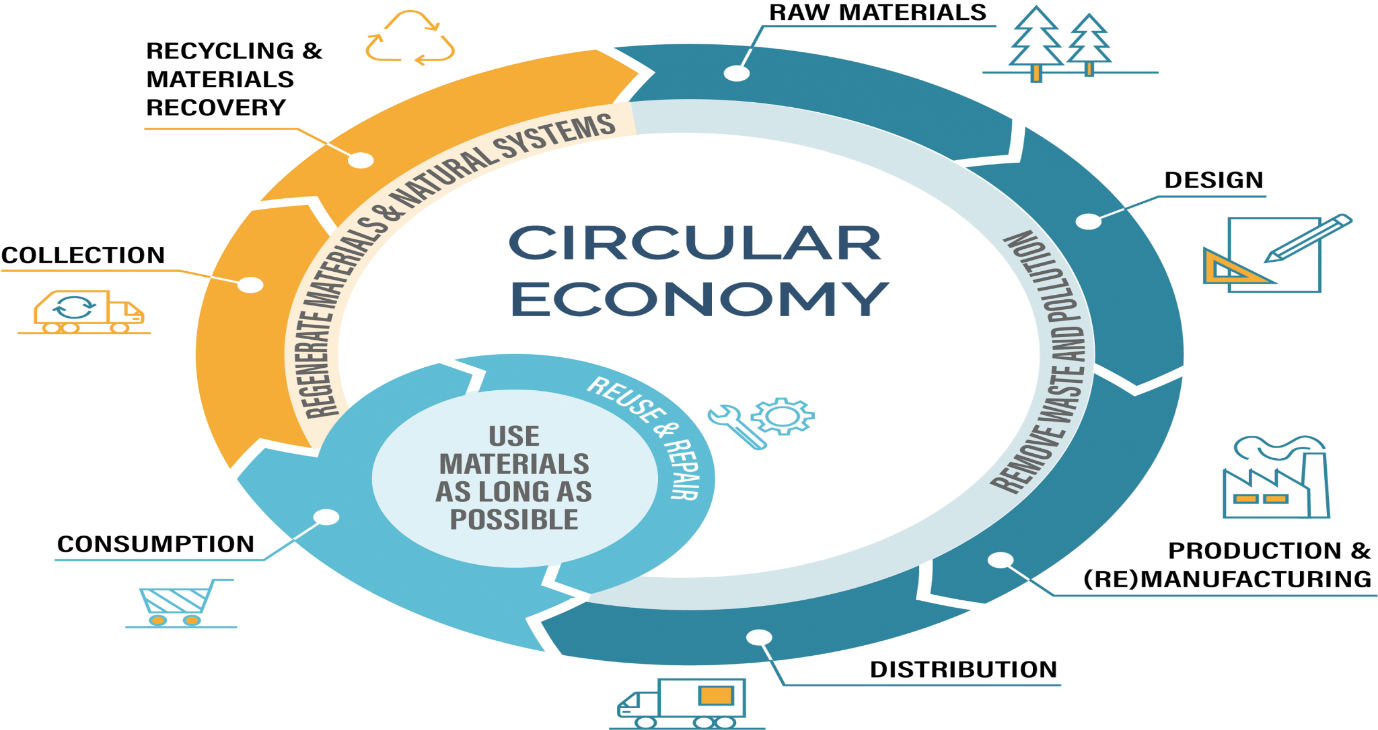Mains: GS III- Marketing of agricultural produce and issues and related constraints, e-technology in the aid of farmers
Recently, as climate change tightens its grip on Indian agriculture, Farmer Producer Organisations (FPOs) have become key to building resilient food systems by embracing circular economies rooted in local knowledge and regenerative practices.
|
FPO’s in India |
|

The Paramparagat Krishi Vikas Yojana (PKVY), launched in 2015 to supporting and promoting organic farming, in turn resulting in improvement of soil health.
The National Mission on Natural Farming (NMNF) launched as a shift to strengthen agriculture practices with scientifically backed approaches towards sustainability, climate resilience and safe food
Down to Earth | Farmers’ Producer Organisation